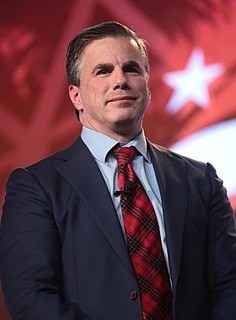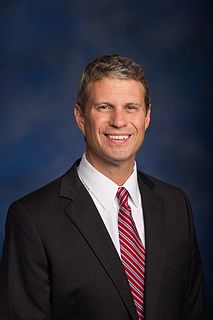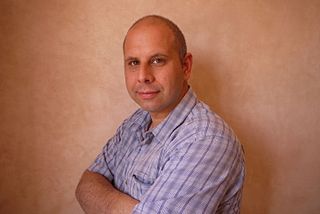A Quote by Bob Woodward
I recently read some of the transcripts of Nixon's Watergate tapes, and they spent hours trying to figure out who was leaking and providing information to Carl and myself.
Related Quotes
The Watergate is a hotel in Washington where Nixon operatives broke in to steal campaign information from the Democratic Party. Nixon's people subsequently described that act as a 'third-rate burglary.' In the same manner, Clinton has described the FBI investigation of her email escapades as 'a security review.'
As Stewart Brand (co-founder of Emeryville's Global Business Network) likes to say, "Information lasts forever. Digital information lasts forever or for five years, whichever comes first." There are examples everywhere. The tapes from the original Viking landers that went to Mars are at (NASA's) Jet Propulsion Laboratory, but there is no machine that can read the tapes.
I never could read Foucault. I find philosophy tedious. All of my knowledge comes from reading novels and some history. I read Being and Nothingness and realized that I remembered absolutely nothing when I finished it. I used to go to the library every day and read every day for eight hours. I’d dropped out of high school and had to teach myself. I read Sartre without any background. I just forced myself and I learned nothing.






























